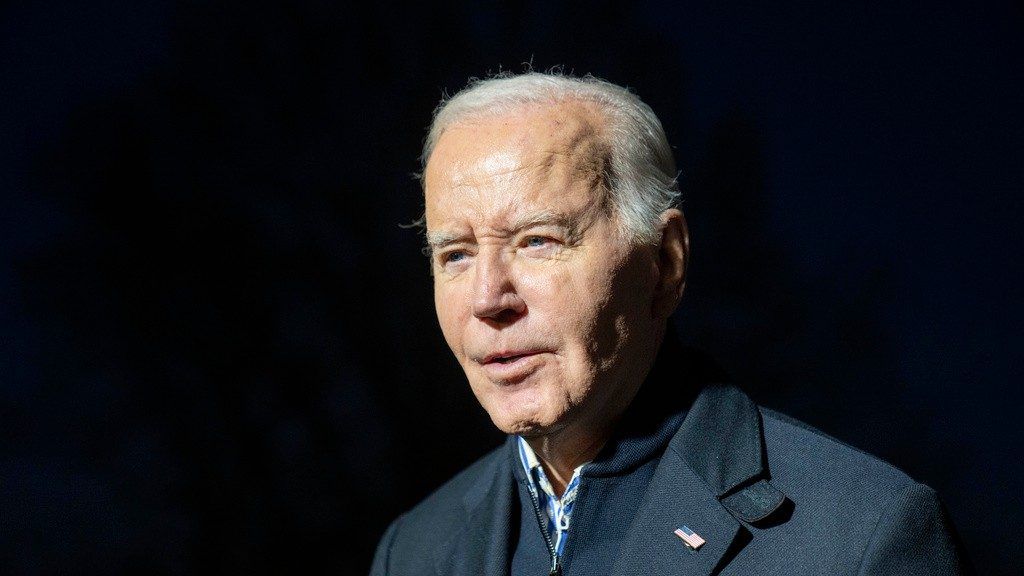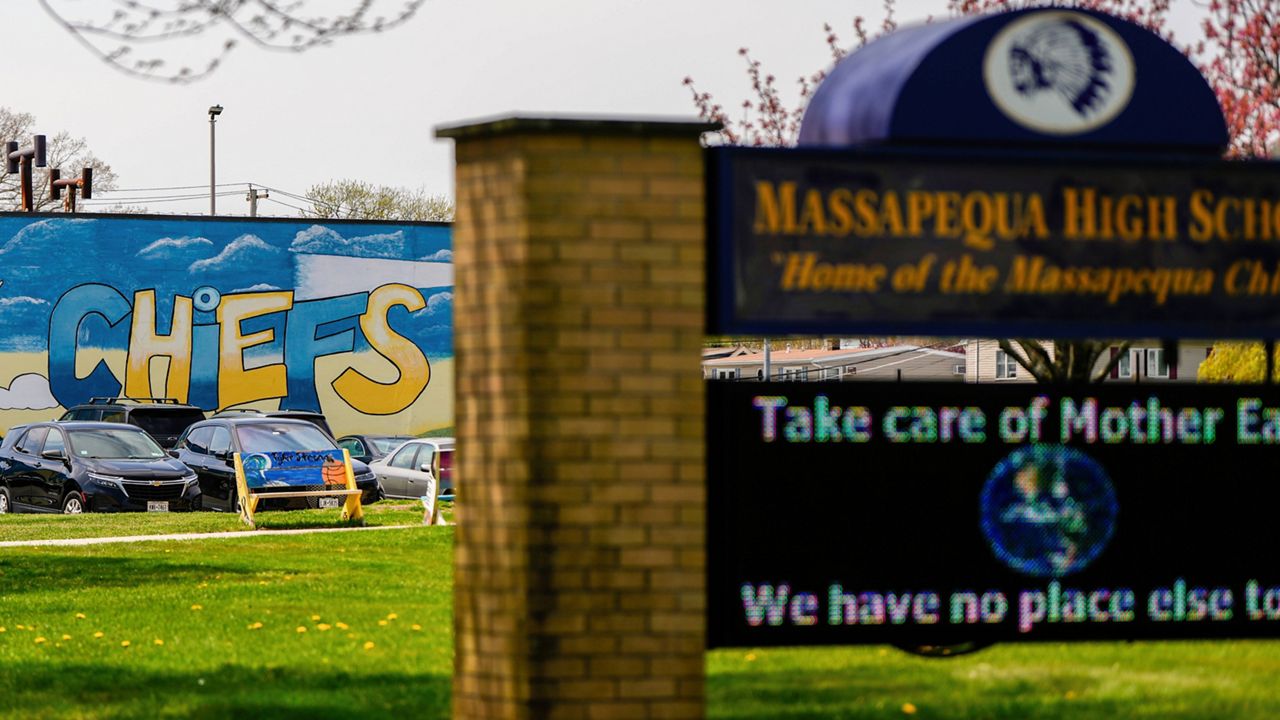President Joe Biden commuted the federal prison sentences of 11 people serving time for non-violent drug offenses, and issued a proclamation pardoning thousands of others for cannabis use or possession, the White House announced Friday.
“Criminal records for marijuana use and possession have imposed needless barriers to employment, housing, and educational opportunities,” Biden said in a statement. "Too many lives have been upended because of our failed approach to marijuana. It’s time that we right these wrongs."
The commuted sentences, and the pardons announced alongside them, are intended to address what a White House official called “unjustified disparities in sentencing.”
“These individuals — like so many others — were convicted of drug offenses and sentenced to decades in prison, including in some cases mandatory life sentences,” a White House official said. “Some individuals received sentences that are twice as long as they likely would have been today and could not benefit from subsequent changes in the law.”
In each of the clemency cases, each of the 11 individuals having their sentences commuted would have been eligible for reduced sentences, had they been sentenced today — some were sentenced to decades behind bars, if not mandatory life sentences. Some sentences given were twice as long as if they would have been sentenced under contemporary laws.
In other cases, individuals convicted of crimes related to crack cocaine received longer sentences than if they were convicted of crimes related to powder cocaine — sentences that disproportionately impacted Black communities and were not supported by science.
The pardons for cannabis uses and possession will affect a range of convicted people, including those with records for using and possession cannabis on certain federal lands. This pardon builds on a similar proclamation last year that pardoned simple cannabis possession under federal and D.C. law.
“Just as no one should be in a federal prison solely due to the use or possession of marijuana, no one should be in a local jail or state prison for that reason, either,” Biden said. “That’s why I continue to urge governors to do the same with regard to state offenses and applaud those who have since taken action.”
In a statement Friday, Vice President Kamala Harris said the marijuana pardons "will help thousands of people by making it easier for them to find a job, buy a home, and get an education."
"President Biden and I have been clear: We must continue to change our nation’s approach to marijuana and reform the criminal justice system," she said. "As I have declared many times before, no one should be in prison simply for smoking weed. That is why we continue to call on Governors to join us in this long-overdue work."
"President Biden and I will continue to work to address historic inequities and racial disparities in federal drug policy and sentencing, to make sure that our justice system truly lives up to its name," she added.
Harris said that "for too long, far too many people in our country—in particular, people of color—have been denied that fundamental right because of unfair and inequitable drug policies that do not make our communities safer."
The Congressional Black Caucus echoed her sentiments in a statement which applauded President Biden's acts of clemency.
"The new DOJ guidelines are a positive step forward in addressing long-standing racial disparities in crack and powder cocaine sentencing, which for generations, has disproportionately imprisoned Black Americans," said CBC Chairman Steven Horsford, D-Nev., adding: "It is our hope that clemency be granted to more Black Americans who have been criminalized by the decades-old policies of the War on Drugs era.
“Additionally, the CBC applauds President Biden’s proclamation to pardon marijuana offenses, including the use on federal lands, which have disproportionately incarcerated and upended the lives of far too many Black Americans by creating barriers to employment, education, and housing," Horsford continued.








